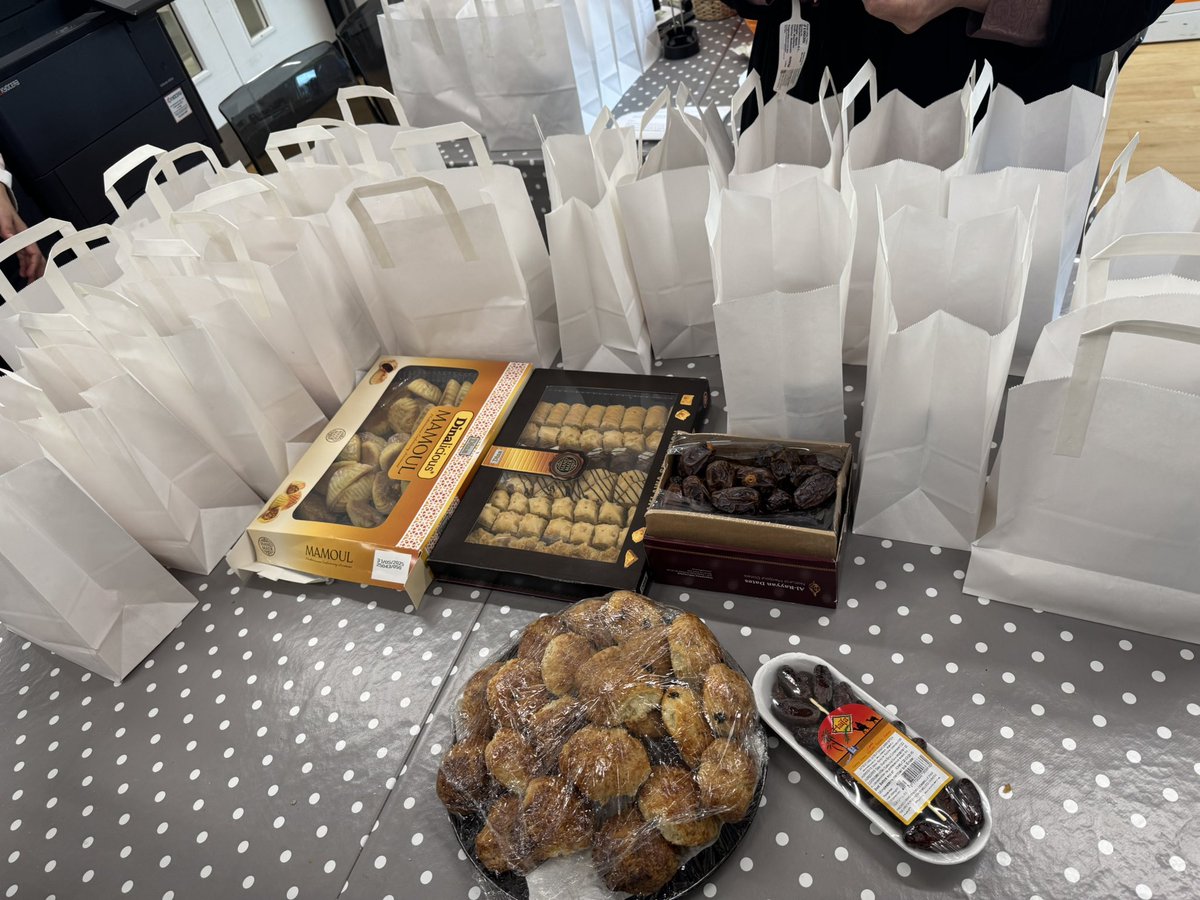PSHE
Intent: Introduction, Vision and Philosophy
The purpose of this document is to clarify the how, why, and what of PSHE teaching at Harris Primary Academy Haling Park. This is to be used by staff to clarify expectations, highlight the resources that we have at our disposal, and to ensure that a high-quality PSHE curriculum is being taught to all.
Within PSHE at HPAHP, we want our children to learn about themselves as developing individuals and as members of their communities, building on their own experiences and on the Early Learning Goals for personal, social and emotional development within the EYFS. To achieve this, they will learn the basic rules and skills for keeping themselves healthy and safe and for behaving appropriately. They also have opportunities to show that they can take some responsibility for themselves and their environment. They will begin to learn about their own and other people's feelings and become aware of the views, needs and rights of other children and other people. As members of a class and school community, they will learn social skills, such as how to share, take turns, play, help others, resolve simple arguments and identify bullying. They will begin to take an active part in the life of their school and the wider community.
As they mature and develop during Key Stage 2, they will learn about themselves as growing and changing individuals with their own experiences and ideas, and as members of their communities. They learn about the wider world and the interdependence of communities within it. They develop their sense of social justice and moral responsibility and begin to understand that their own choices and behaviour can affect local, national or global issues and political and social institutions. They learn how to take part more fully in school and community activities. As they begin to develop into young adults, they face the changes of puberty and transfer to secondary school with support and encouragement from the school. They learn how to make more confident and informed choices about their health and environment; to take more responsibility, individually and as a group, and for their own learning.
Implementation:
What does PSHE look like at HPAHP? Overview:
At HPAHP we take a whole school approach that provides a scheme of learning from the foundation stage through to Key Stage 2.
Our PSHE curriculum is centred on a values based, ‘Growth Mindset’ approach and is divided into six half- termly units. The units are tailored to each year group under the following themes.
-
Being my Best
-
Me and My Relationships
-
Keeping Myself Safe
-
Valuing Difference
-
Growing and Changing
-
Rights and Responsibilities
We also have eleven ‘Value words’ at HPAHP; one for each school month. These words are embedded into the curriculum and school ethos through weekly assemblies, stories, songs and PSHE lessons. They are: The Golden Rules (Show Respect, Take Responsibility and Always Make the Right Choice), Empathy, Friendship, Positivity, Creativity, Individuality, Curiosity, Kindness, Resilience, Patience and Courage. The British Values: Democracy, The Rule of Law, Mutual Respect, Individual Liberty, Tolerance of those of Different Faith and Beliefs are also highlighted through assemblies and within the PSHE curriculum.
Each year group has a PSHE celebration book, which they will use to record the learning in each class. The children are taught PSHE once a week, with the expectation that one piece of work/photographic evidence will be added to the shared book by one class every week. One piece of work/evidence per month will focus on the teaching of the ‘Value word’ of the month.
Impact: Evidence and Assessment
PSHE lessons are evidenced using an end of unit video which captures the pupils learning. All teachers are encouraged to be flexible and imaginative in the way that they choose to record their lessons. They may choose to use photographs of lessons with annotations or speech bubbles. Alternatively, they may choose a piece of written work from a group or individual children. One piece of work from the year group will be entered each week to show learning across each unit topic and incorporating our Value word.
At Harris Primary Haling Park, we expect the children to show evidence through their class books and building on key skills each year. Children are given a safe space in which to discuss their feelings, opinions and develop their emotional intelligence. Our teachers include a range of formal and informal assessment tools to review how the children have progressed over the term. This includes:
-
circle time and pupil voice
-
focus questions designed to challenge misconceptions
-
enquiry tasks
-
standards of learning in independent task
-
end of unit questions and quizzing
















